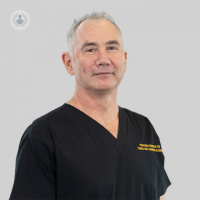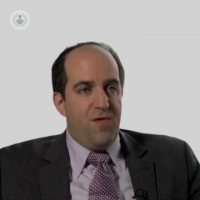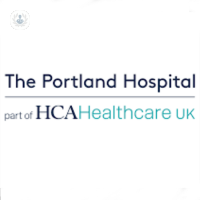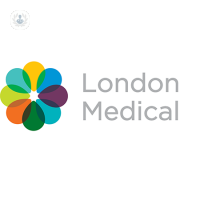Food allergies
Dr Adam Haycock - Gastroenterology
Created on: 10-24-2013
Updated on: 07-28-2023
Edited by: Sophie Kennedy
What are food allergies?
Food allergies occur when the body’s immune system reacts unusually to specific foods. The body mistakenly produces an antibody when a specific food that triggers the allergy has been consumed. The antibodies start a process that releases histamine for the body to fight what it thinks is invading it. Finding out which foods are causing the symptoms can be difficult for some people and some types of allergies can take a while to diagnose.
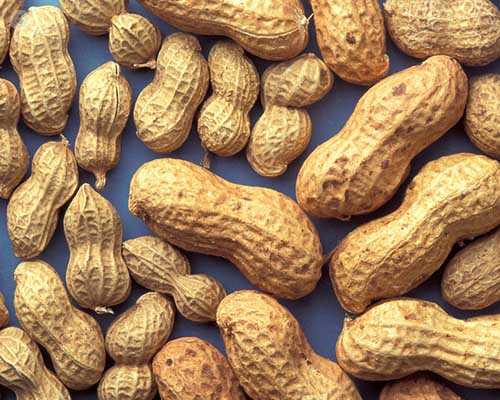
What are the symptoms of food allergies?
An allergic reaction to food can happen within minutes, or it may happen hours later. The most common signs of a food allergy include:
- Tingling and itching in the mouth
- Hives or eczema
- Swelling: lips, face, tongue or throat
- Wheezing and trouble breathing
- Abdominal pain
- Diarrhoea, nausea or vomiting
- Light-headedness
Sometimes the symptoms can be life-threatening and this type of reaction is called anaphylaxis. If someone is severely allergic to certain foods, they need to have an epinephrine (adrenaline shot) as soon as possible.
Which foods are the most common to cause an allergic reaction?
Any foods can cause allergies but the most common ones to do so are:
- Milk
- Eggs
- Nuts but peanuts in particular
- Soy
- Wheat and grains that contain gluten
- Shellfish
How are food allergies diagnosed?
It is advised to keep a food diary so that the doctor can look for any trigger foods. A food elimination diet can help in seeing if the reaction goes away. Following an elimination diet, oral food challenges can be held under medical supervision. The patient may have a radioallergosorbent blood test to see how many antibodies that their immune system makes. There is also an allergy skin test, called a scratch test.
How are food allergies treated?
It is recommended to stay away from foods that cause the food allergy. Mild allergies will go away without needing to be treated. Antihistamines can help to reduce some skin allergies and other itchy symptoms. In more serious cases, corticosteroids will reduce swelling. In dangerous cases, an epinephrine injection can reverse symptoms.
How can a person prepare for a food allergy reaction?
A specialist can suggest what a healthy and nutritious diet should consist of. It is important to check the labels and ingredients in processed foods. If prone to allergic reactions then a doctor will prescribe an epinephrine injection kit, which should be carried with the person at all times.
What is the difference between food allergies and food intolerance?
Food allergies and intolerances may have similar symptoms but are different conditions. Intolerances can cause a person to feel ill, whilst a food allergy can make someone feel unwell but can also cause a life-threatening reaction.
A food intolerance means that the body cannot digest the food that is eaten or that the digestive system is irritated by the food in question. Symptoms include bloating, nausea, gas, abdominal pain and diarrhoea.
A food allergy is when the body’s immune system sees food as an invader, which releases histamine causing reaction symptoms such as breathing problems, swelling, a drop in blood pressure and vomiting.











